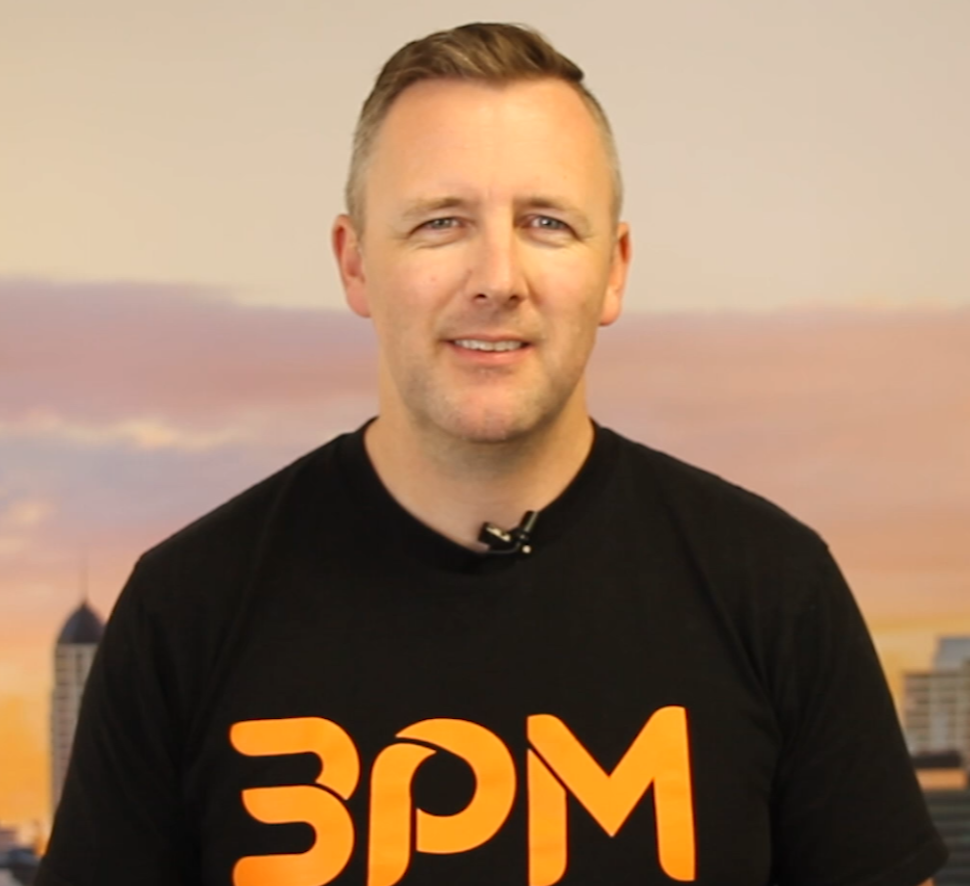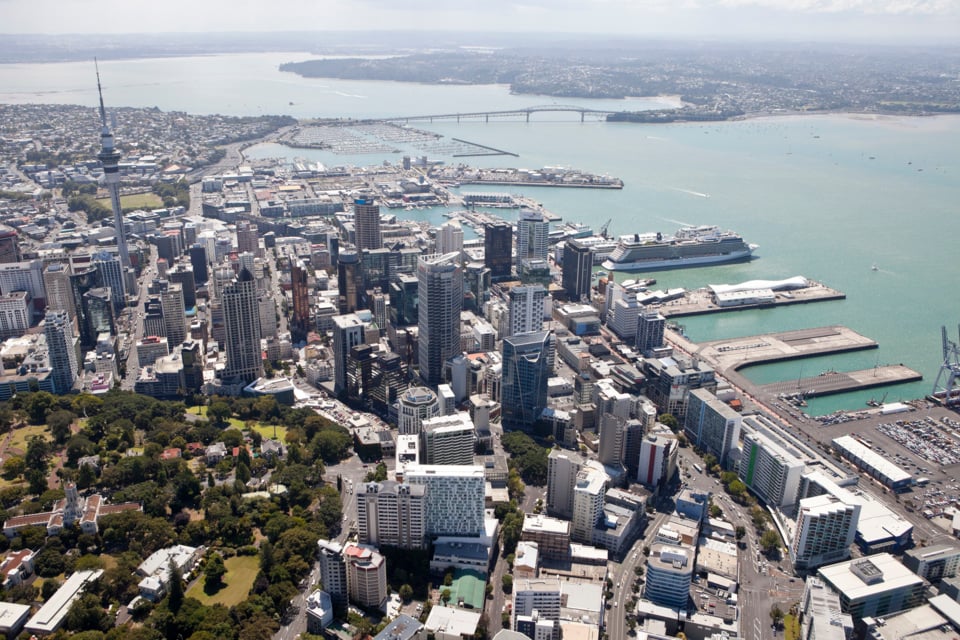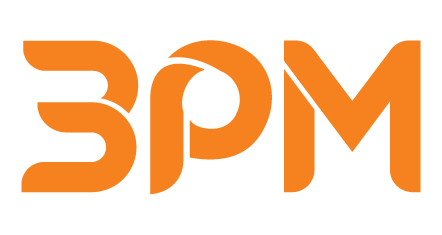2 min read
Revolutionising Aotearoa New Zealand's Construction Sector: The Digital Boost 2.0 Initiative
 Andrew Radcliffe
:
Jun 6, 2023 3:10:24 PM
Andrew Radcliffe
:
Jun 6, 2023 3:10:24 PM

The Construction Sector Accord in New Zealand stands as a testament to the dedication and commitment towards transforming the construction sector. This joint commitment between the government and the industry seeks to tackle numerous issues including labour shortages, climate change impacts, regulatory uncertainties, and a lack of industry-wide coordination. To overcome these challenges, the Accord recently launched its second Transformation Plan (2022-2025), with a primary focus on leveraging digital technology. A key player in this digital transformation is 3PM, a NZ based firm pioneering the integration of hyperautomation across various operational aspects of the construction sector.
Challenges of Digitalisation in the Construction Sector:
Despite the numerous advantages offered by digitalisation, the construction industry faces significant barriers that hinder its adoption. These challenges include:
-
Outdated Technology and Manual Processes: The construction industry has traditionally relied on paper-based processes, outdated technology, and siloed data systems. These practices have led to inefficiencies, errors, and delays, hampering overall productivity and project outcomes.
-
Lack of Automation and Resistance to Digital Transformation: A common issue in the sector is the resistance to digital transformation. This resistance often stems from a lack of understanding of the benefits of automation and fear of the changes it could bring.
-
Limited Access to Advanced Technology Solutions: Despite the potential benefits of data analytics, its adoption in the construction industry is limited. This can be attributed to a lack of digital literacy and access to advanced technology solutions.
-
Fragmented Technology Infrastructure: A major barrier to digital transformation is the fragmented technology infrastructure prevalent in the sector. The lack of integration between different software and tools hinders efficient data exchange and streamlined operations.
Enhancing Construction through Digitalisation and Hyperautomation:
To address these challenges, the Digital Boost 2.0 initiative under the Accord aims to enhance the digital capabilities of Small and Medium Enterprises (SMEs) in the construction sector. Recognising the potential of digitalisation to improve productivity and efficiency, this initiative provides resources and support to companies looking to digitise their processes.
By implementing hyperautomation — the application of advanced technologies like AI, ML, and RPA — in various operational areas, 3PM Construction is enabling a more efficient and streamlined construction process.
The key roles of 3PM Construction in the Digital Boost 2.0 Initiative include:
-
Project Management and Asset Management: By automating these processes, 3PM Construction facilitates improved scheduling, tracking, and execution of projects.
-
Staff and Contract Management: Hyperautomation aids in the effective management of workforce and contracts, reducing human error, and improving compliance.
-
Administrative Tasks: Tasks such as health, safety, quality, environmental (HSQE) management, quotes, tenders, claims, and invoicing can be automated, reducing time spent on paperwork and allowing for quicker processing.
-
Purchasing, Bills, Timesheet, and Leave Management: Automating these operations streamlines processes and allows managers to focus more on strategic decisions.
-
Stock Management: Hyperautomation ensures accurate real-time inventory tracking and efficient supply chain management, crucial for timely project completion.
A Collaborative Innovation Ecosystem
In addition to digitisation, the Accord's Transformation Plan seeks to establish a collaborative innovation ecosystem. This ecosystem involves academia, research organisations, government, and industry to collectively work on funding, commissioning, or creating innovative solutions. By adopting a mission-led innovation approach, this ecosystem aims to address specific productivity, sustainability, and technological challenges that require innovative solutions.
Conclusion
The Digital Boost 2.0 initiative, combined with the efforts of companies like 3PM Construction in pioneering hyperautomation, is driving significant transformation in New Zealand's construction sector. Despite the challenges, the sector's adoption of digital technologies continues to grow, paving the way for improved productivity, resilience, and efficiency. As we move forward, it's clear that digitalisation and hyperautomation will continue to play a crucial role in transforming this key industry for a better New Zealand.
What is the Construction Accord click here
Learn more about 3PM Construction here

Embracing Industry 4.0: Transforming Aotearoa’s Construction Sector
The Fourth Industrial Revolution, also known as Industry 4.0, is transforming sectors worldwide with a seismic shift towards digitisation,...

Revolutionising Aotearoa New Zealand's Construction Sector: The Digital Boost 2.0 Initiative
The Construction Sector Accord in New Zealand stands as a testament to the dedication and commitment towards transforming the construction sector....

Embracing Industry 4.0: Transforming Aotearoa’s Construction Sector
The Fourth Industrial Revolution, also known as Industry 4.0, is transforming sectors worldwide with a seismic shift towards digitisation,...

Resilient Design: Adapting New Zealand's Construction Industry to Climate Change
Climate change poses significant challenges to New Zealand's construction industry, requiring innovative approaches to ensure resilience. This...

Hyperautomation and The New Era of Digital Transformation in New Zealand's Construction Industry
New Zealand's construction sector is at the precipice of a digital transformation. Amidst global advancements, there's a pressing need for the...



